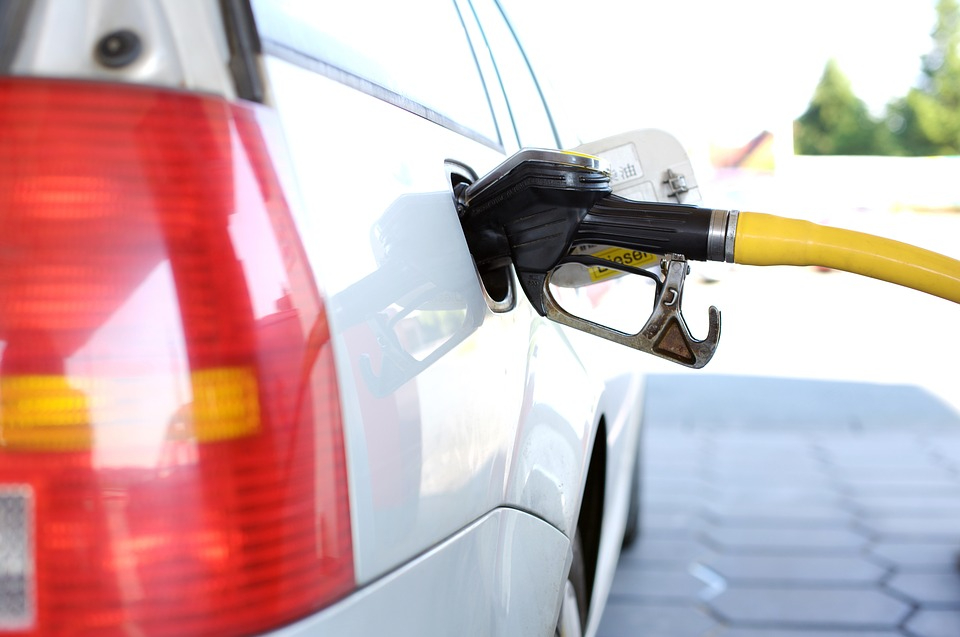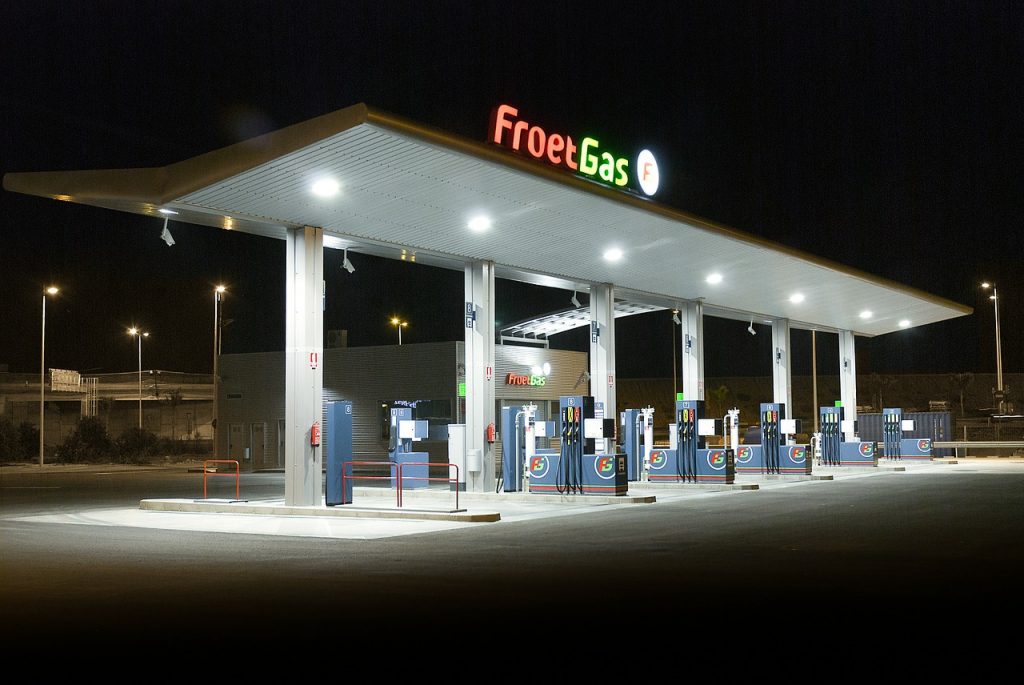Experts Say Gas Prices Are Going To Keep Rising, Here’s Why
Find out why experts are warning that gas prices will continue to rise and how those surging increases will impact you.
This article is more than 2 years old

People are under immense pressure when it comes to rising gas prices. Though the cost of gas has already reached an unfathomable amount, experts expect prices to continue to grow due to the Russian-Ukrainian conflict. Tensions between both countries, and record-breaking demands for gasoline, keep pushing costs up for car owners globally.
As one of the largest exporters of crude oil, Russia is creating stress for drivers amid international conflict. If countries keep applying sanctions on Russia’s exports, then these countries will need to import oil from other nations. This tension has already sparked inflating gas prices and is expected to keep rising without Eastern European resolve.
Gas prices keep going up from month to month in the United States, making it difficult for the average American family. In New York, the standard price per gallon has increased by 25 cents compared to January’s price. Now, New York drivers pay $3.74 per gallon of gasoline.
Other east coast states are feeling the burden of soaring gas prices, too. In New Jersey, a gallon price for gas is $3.61, which is 23 cents higher than last month’s. Connecticut experienced a 17-cent increase to $3.66 per gallon. Even though these states have only seen an approximate 20-cent jump, the inability for gas prices to stabilize month to month concerns patrons nationwide.

Gas prices won’t deescalate anytime soon since Russia has ordered troops into neighboring Ukraine yesterday. This sudden command has been met with an immediate pause to Germany’s Nord Stream 2 pipeline, a connector between Russia and Germany that would gather natural gas from the Baltic Sea. Though the pipeline has been finished, the certification for its use has not been administered. Germany stalling the Nord Stream 2’s certification could cause a stifling uptick in energy prices transnationally.
Since its inception, Nord Stream 2 has received widespread criticism from many nations. The UK, United States, and Ukraine all warned Germany in 2015 of the pipeline giving Moscow and Russia at large too much power in the energy industry. Even without the pipeline, Russia’s massive exportation of crude oil has positioned it as a powerful nation with the ability to control gas prices globally. In 2022, the German government has finally been advised to pause the Nord Stream 2 pipeline, but it may be too late to curtail Russia’s oil monopolization.
Last year was already a challenging year for Europeans dealing with insurmountable gas prices. The Russian natural gas deposits are essential to heating homes and powering cars in most of Europe, putting the Slavic nation in a powerful position to control crude oil costs. Even within consecutive days of February 2022, natural gas delivery prices keep increasing. On Monday, the natural gas cost was $81.04 megawatt per hour, with an astronomical jump to $89.54 megawatt per hour just yesterday.
Though no one knows exactly what Russia will do, the odds are not looking great for Ukraine and its NATO allies. If Putin doesn’t stand down soon, rising gas prices could be the least of our global worries. Hopefully, a commitment to widespread international sanctions will make Russia rethink its pending invasion.



